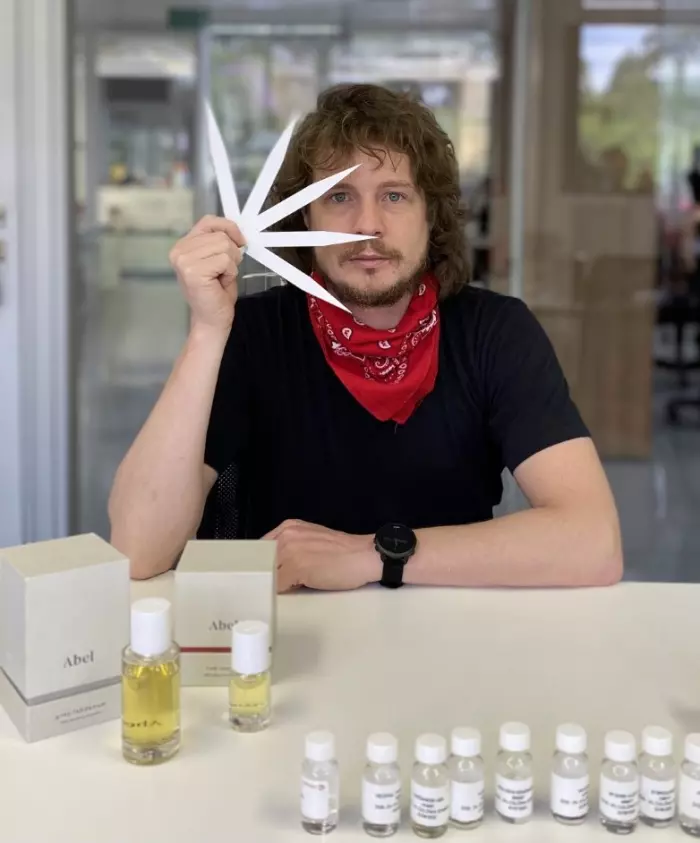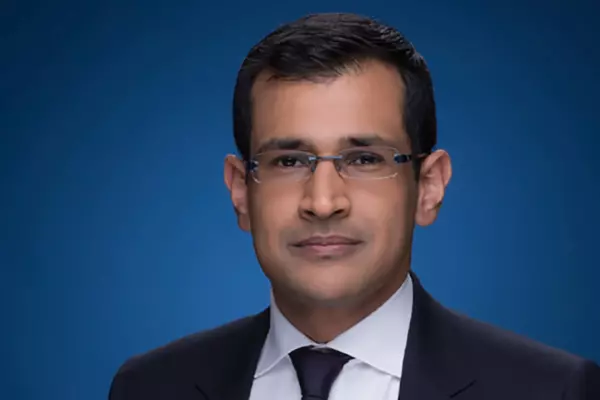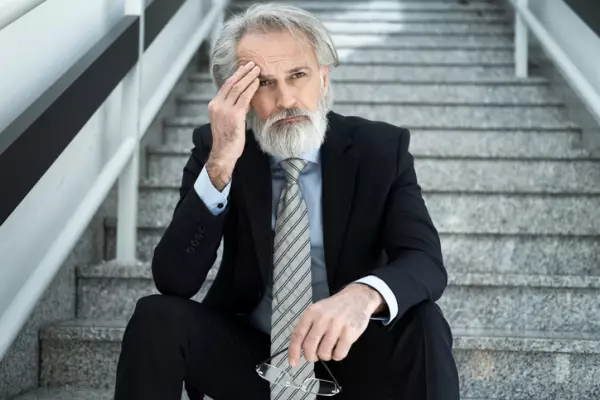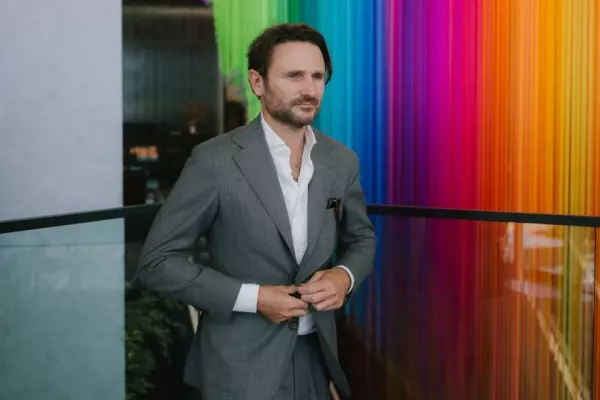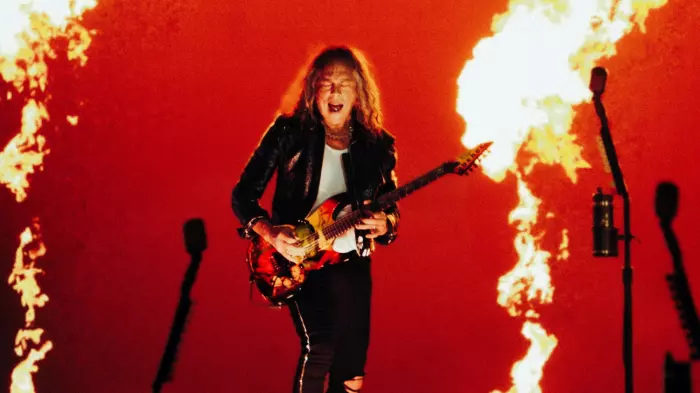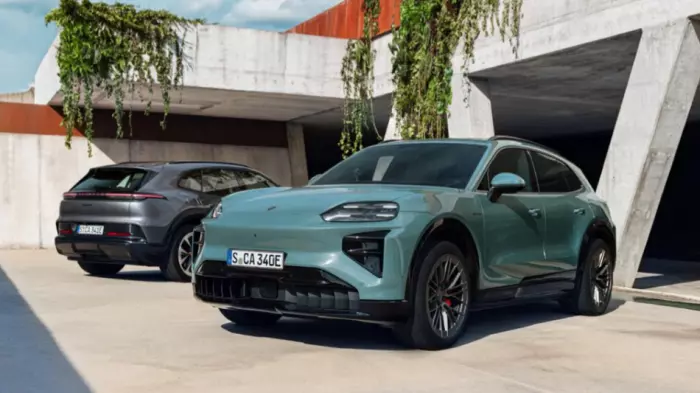Do you know, or care, about top notes, woody bases and fragrance families? Probably not.
Unless your name is Isaac Sinclair, in which case you really, really care.
Sinclair’s obsession with the alchemy of fine fragrances has made him one of a handful of Australasian master perfumers – or ‘noses’, as they’re often called – the people who blend ingredients to create perfumes. The 41-year-old is the only Kiwi nose working for one of the world’s four big fragrance manufacturers, and certainly the only one with names such as DKNY, Guerlain, Lancôme and L'Oréal on his CV.
It’s a gig that took the Kiwi to the Brazilian city of São Paulo 10 years ago,and before that Paris and MiIan.
“Brazil is the biggest market for perfumes in the world, both in volume and, depending on the US exchange rate, in value,” says Sinclair. “I need to be based near my customers.”
Sinclair and his French wife, Fanny Grau, also a perfumer, share an eighth-floor apartment in Vila Madalena, a leafy part of São Paulo, with their young sons Theo and Oscar. The front windows look out to green hills, while the other side faces the sprawling city of 12 million.
It’s the polar opposite of Waitākere, where Sinclair grew up, sandwiched between two sisters. When he wasn’t playing the flute (he considered becoming a professional musician), life was about exploring West Auckland’s bush.
“I fell in love with the smells of ponga and fresh water and of my mother’s garden – those classic New Zealand fragrances.”
In an accent stripped of any discernible Kiwi vowels, Sinclair explains that he started collecting fragrances (around 50 by the time he was 16), enjoying dissecting their various smells and distinctive characteristics.
Someone, somewhere was responsible for coming up with those fragrances, he reasoned, but that somewhere wasn’t New Zealand.
“Back then, there was no one making perfume in New Zealand, so the next best thing was selling it. I called every pharmacy in Auckland until I got a job.”
That progressed to Smith & Caughey’s perfume counter, where he met Australian-based British fragrance expert Michael Edwards, who steered him towards a conference in the home of French fragrance, Grasse.
It was here that Sinclair met his future employer, who offered him a two-year scholarship to Milan’s Universita dell'Immagine, which ran a course studying the five senses, and a job when he finished.
“I only got the scholarship because I was a Kiwi. They thought I’d bring a different perspective because, while the French perfumers had grown up smelling lavender and roses, I’d grown up smelling feijoas and mānuka. They gambled on the fact I could bring something new to the table.''
That gamble paid off, with Sinclair spending 10 years in Paris, a year in Germany (where he met his wife) and lots of time in New York. In fact, before covid, Sinclair would spend around five months of the year criss-crossing the globe. “In the fragrance world there are only three places to be – Paris, New York or São Paulo – so there was a lot of travel between them.”
Although he was supposed to be posted to Brazil for only six months, a decade later, it’s home.
“Brazil isn’t as safe as New Zealand but it’s very similar in some ways, such as the beautiful beaches, where I can surf. I grew up surfing at Piha but when I lived in Europe, I could go months without seeing the ocean.”
Brazilians, he says, are also friendly and outgoing: “People are always breaking into a song here! They’re awesome, which is a bit of a contrast to Paris!”
When we speak, Sinclair and his wife, who both work for Symrise, one of the world’s largest perfume manufacturers, are navigating a country with one of the world’s highest covid infections. “It’s been a challenge, and both myself and my sons contracted covid but were non-symptomatic.”
They’re also missing not being able to return to New Zealand for a month over summer as they usually do.
But Sinclair has a lot to keep him busy, including the fragrance he’s currently working on for global fashion house Carolina Herrera.
“It can take nine months to a year to develop a fragrance that fits a client’s brief. And then, of course, there’s all the marketing behind it, which means it can take up to three years for a fragrance to come to market.”
But, he says, he still gets a thrill when he sees a TV advert or a billboard promoting a perfume he helped to develop.
Ask him about his favourite perfume and he’ll point to Abel, the natural perfume brand founded by fellow Kiwi Frances Shoemack in 2013 when she was living in Amsterdam.
“Abel was one of the world’s first 100-percent-natural perfumes, so that was a great challenge. Plus, it was fantastic to work with another Kiwi.”
Like many expats, Sinclair admits it’s his “ultimate dream” to move back to New Zealand. “But the only way I could do that would be to become an independent perfumer. I’d love the chance for my sons to be real Kiwis, not just have Kiwi passports, so we’ll see.”


